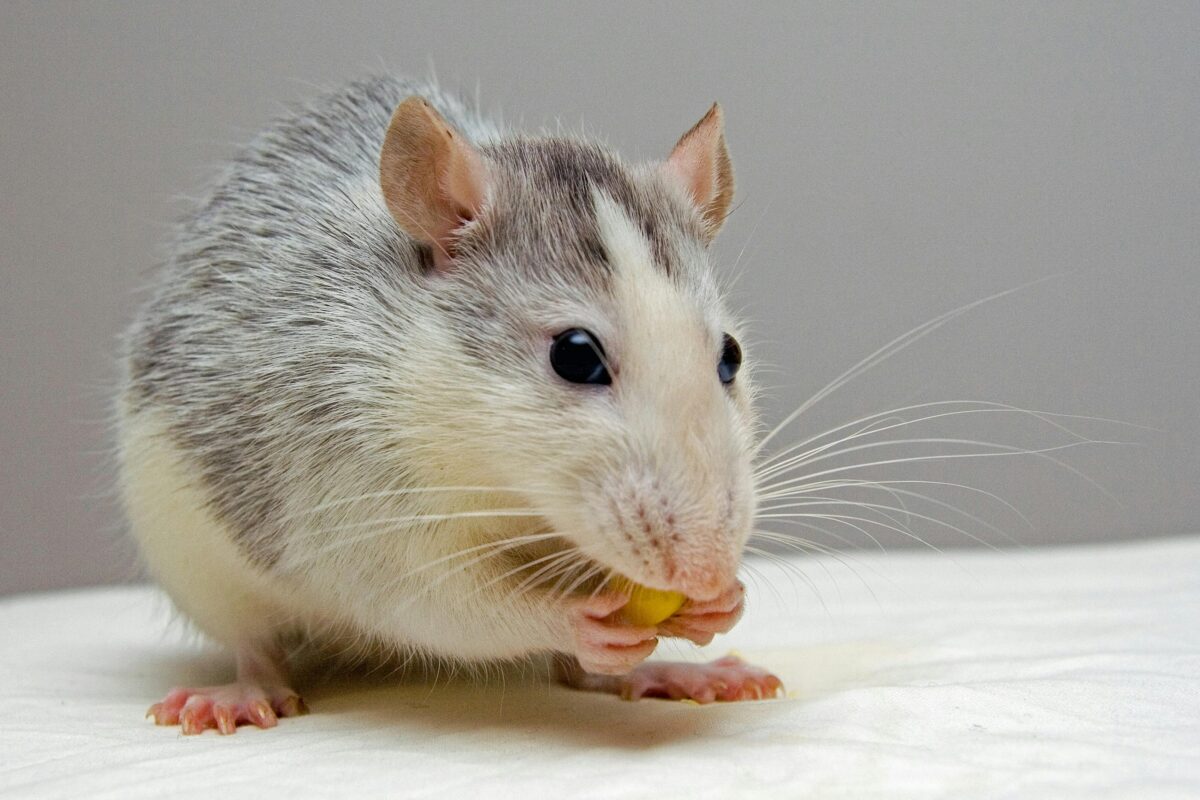Rats are notorious for invading homes and gardens, causing damage and spreading diseases. While traditional methods of pest control often involve traps and poisons, incorporating certain plants into your landscape can serve as a natural deterrent. This article explores various plants known for their ability to repel rats, providing an eco-friendly solution that enhances your garden’s aesthetic while keeping unwanted visitors at bay.
#1 Understanding Rat Behavior and Preferences
Before delving into specific plants, it’s essential to understand why certain plants can deter rats. Rats are opportunistic feeders and are attracted to areas that provide food, shelter, and water. They are particularly drawn to gardens that contain edible plants and dense foliage. By introducing specific plants that rats find unappealing, you can create an environment that discourages their presence.
#2 Plants with Strong Scents
Many plants possess strong aromas that rats find off-putting. These scents can mask other odors that attract rats or create an unpleasant environment for them. Here are some effective options:
Peppermint
Peppermint is well-known for its refreshing scent, which humans enjoy but rats tend to avoid. Planting peppermint around your home or garden can create a natural barrier that deters these pests. Additionally, peppermint oil can be used in sprays for areas where plants cannot be cultivated.
Lavender
Lavender not only adds beauty and fragrance to your garden but also serves as a natural rat repellent. Its strong scent is pleasant to humans but repels many pests, including rats. Plant lavender in borders or near entry points to your home for added protection.
Citronella
Commonly known for its use in candles and insect repellents, citronella grass emits a strong citrus scent that rats dislike. This grass can be planted in your garden or in pots around your home to create a protective barrier. Its tall, dense growth also provides an additional layer of physical obstruction.
#3 Plants with Bitter Tastes
In addition to strong scents, certain plants possess bitter tastes that discourage rats from nibbling. Incorporating these plants into your garden can help keep them at bay.
Nasturtium
Nasturtiums are not only beautiful but also serve as a natural deterrent due to their peppery taste. Rats tend to avoid these plants, making them an excellent addition to your garden. Furthermore, nasturtiums are edible for humans, adding a unique flavor to salads and dishes.
Garlic
Garlic is well-regarded for its strong odor and taste, both of which are unappealing to rats. Planting garlic in your garden can help repel these pests while providing culinary benefits for your kitchen. Additionally, garlic can be used to make homemade sprays for areas where plants cannot thrive.
#4 Ground Covers that Deter Rats
Ground cover plants can create a dense barrier that makes it challenging for rats to navigate through your garden. These plants can also provide additional benefits, such as soil erosion control and aesthetic appeal.
Rosemary
Rosemary is a hardy herb that thrives in various conditions. Its strong scent is unappealing to rats, and its dense growth can form a natural barrier. Additionally, rosemary is a versatile herb that can enhance your culinary creations.
Thyme
Thyme is another aromatic herb that can deter rats with its strong fragrance. It grows low to the ground, making it an excellent ground cover option. Thyme is also drought-resistant, making it a sustainable choice for gardens in arid regions.
#5 Creating an Effective Rat-Repelling Garden
To maximize the effectiveness of these plants in deterring rats, consider the following strategies:
Companion Planting
Companion planting involves placing certain plants in proximity to one another to enhance growth and deter pests. For example, planting garlic alongside other vegetables can help keep rats away while benefiting the overall health of your garden. This method not only utilizes space efficiently but also creates a more balanced ecosystem.
Strategic Placement
When planting rat-repelling plants, consider their placement carefully. Position strong-scented plants near entry points, such as doors and windows, as well as around the perimeter of your garden. This strategic placement will create a natural barrier that discourages rats from entering your space.
#6 Maintaining a Clean Environment
While planting deterrent plants is effective, maintaining a clean environment is equally important. Here are some tips to complement your gardening efforts:
Regular Cleanup
Keep your garden free of debris, fallen fruit, and other potential food sources that could attract rats. Regularly trimming overgrown plants and removing clutter will also reduce potential nesting sites.
Secure Trash and Compost
Ensure that trash cans are tightly sealed and compost is managed properly. Rats are scavengers, and easily accessible food sources will encourage them to invade your space. Using rat-proof bins and maintaining a clean compost area will help keep these pests away.
Incorporating plants that deter rats into your garden offers a practical and environmentally friendly solution to pest control. By understanding rat behavior and preferences, selecting the right plants, and maintaining a clean environment, you can create a rat-resistant space that enhances your outdoor experience. The combination of fragrant and bitter plants, along with strategic gardening practices, will not only protect your home but also contribute to a thriving garden ecosystem.
